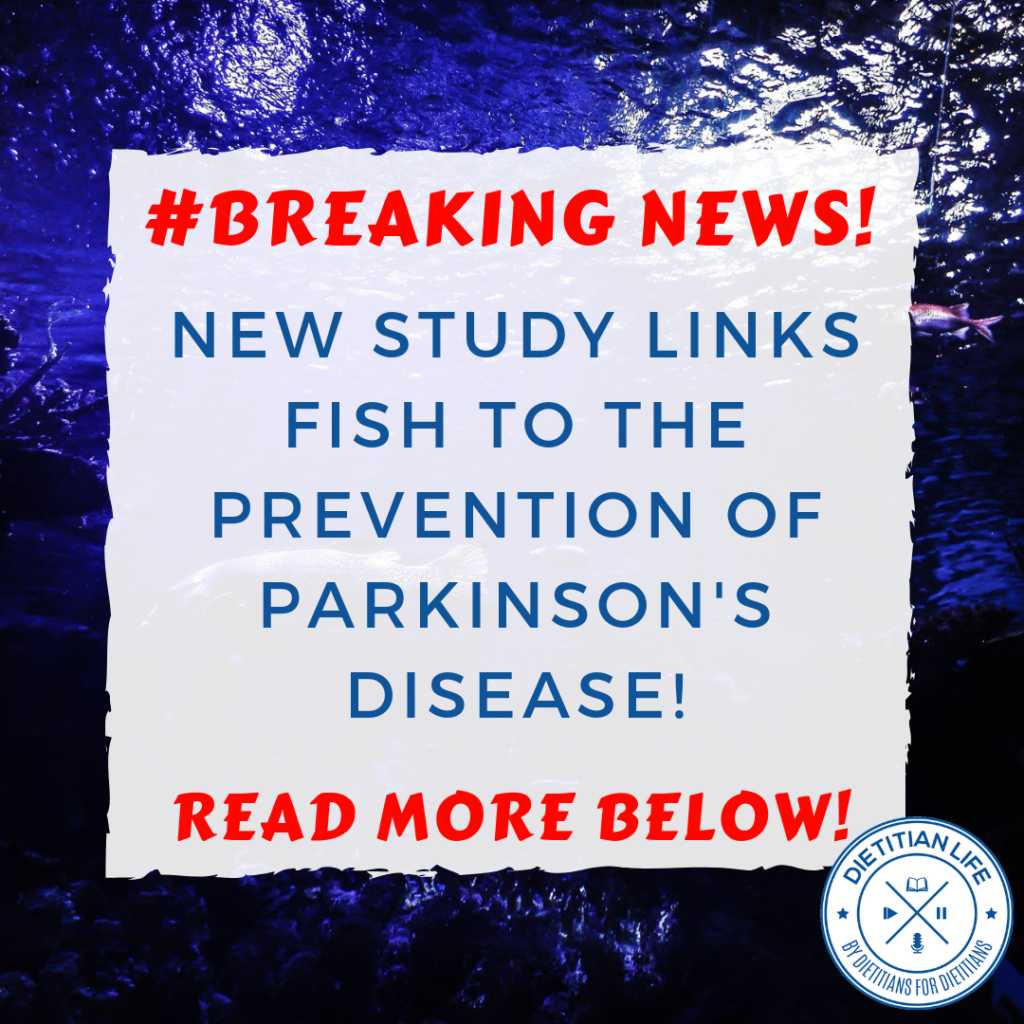A new study from Chalmers University of Technology has revealed a surprising link between a protein found in fish (β-parvalbumin) and the prevention of Parkinson’s disease.
The protein, β-parvalbumin, which is interestingly also a common allergen found in fish, has been shown to prevent the formation of toxic fibres throughout the human body which contribute to neurodegenerative disorders, including Alzheimer’s disease and Parkinson’s.
While of course fish have been linked to providing health benefits for a long time, this was long-thought to be because of the presence of omega-3 and omega-6 fatty acids found in certain fish, this study however suggests that other areas of the fish may be contributing to those same health benefits.
Researchers are now interested to see if the findings could be applied to the treatment of Alzheimer’s disease as well but, for now, we recommend fish such as: salmon, carp, cod, herring and red snapper as a good inclusion to your diet as they are abundant in both omega-3/6 fatty acids and β-parvalbumin.
Read the full study here.
Want to learn more? Get started with a FREE Dietitian Life membership to get exclusive access to the huge library of clinical advice, and practical dietetic resources. Stay tuned for the next research spotlight!

